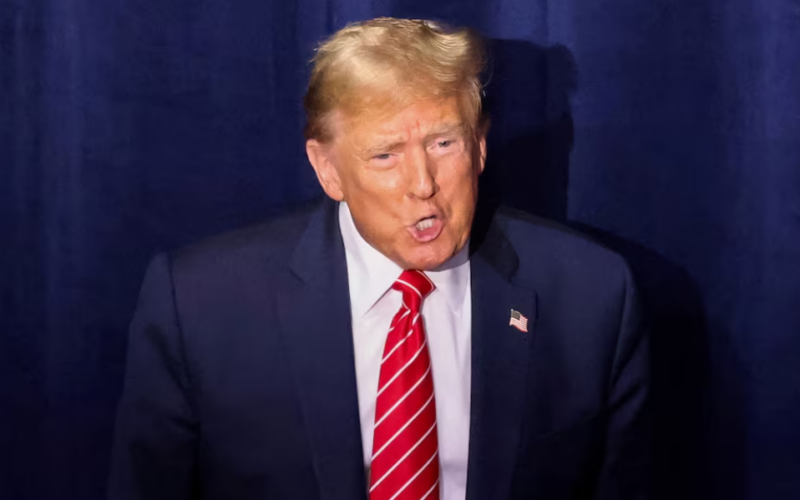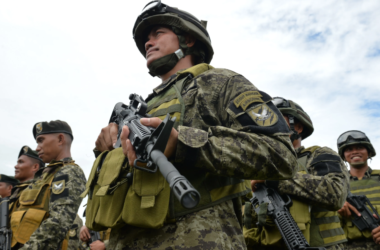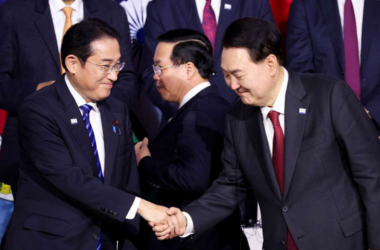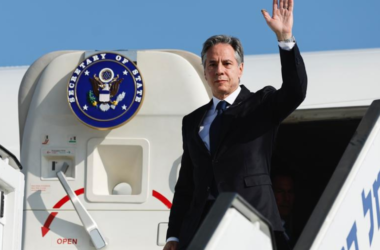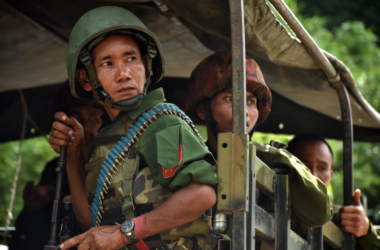In a development that has come to light recently, sources reveal that during his tenure, President Donald Trump authorized a covert operation conducted by the Central Intelligence Agency (CIA) aimed at shaping public sentiment within China against its own government. The operation, kept under wraps and undisclosed until now, involved the deployment of a specialized team to engage in clandestine activities across Chinese social media platforms.
Former U.S. officials with direct knowledge of the operation disclosed that the CIA, in 2019, initiated a discreet campaign to influence public opinion within China. This effort involved the creation of fictitious online personas to disseminate negative narratives about the Chinese government, including allegations of corruption among Communist Party members and criticism of China’s Belt and Road Initiative. While specific details of these covert activities remain undisclosed, sources assert that the narratives were grounded in factual information, albeit disseminated under false pretenses by intelligence operatives.
The covert operation was reportedly intended to sow distrust among China’s leadership, diverting their attention and resources towards countering perceived intrusions into the tightly controlled Chinese internet. Notably, the CIA declined to comment on the existence or objectives of the influence program, maintaining a veil of secrecy around its activities.
Responding to reports of the CIA initiative, a spokesperson for China’s Ministry of Foreign Affairs accused the U.S. government of weaponizing public opinion and media platforms to spread misinformation and manipulate international perceptions. The operation, seen as a response to China’s own covert efforts to expand its global influence, underscores the escalating tensions between the two superpowers.
While the exact impact of the covert operation remains uncertain, concerns have been raised about potential repercussions, including retaliatory measures from China, given its economic prowess and capacity for trade-based reprisals. Furthermore, questions linger regarding the continuity of such operations under the Biden administration, with officials declining to comment on the program’s current status.
The authorization for this covert operation, reportedly crafted by senior National Security Council official Matt Pottinger, cited various threats posed by China to U.S. national security, including alleged malign influence, intellectual property theft, and military expansion. Such covert messaging tactics, experts suggest, allow the U.S. to implant ideas in regions where censorship prevails or where audiences may be skeptical of official government statements.
However, critics warn of potential backlashes, including the bolstering of China’s accusations of Western subversion and the potential endangerment of dissidents and independent journalists who could be falsely implicated as CIA operatives. As history has shown, covert propaganda campaigns carry inherent risks and complexities, especially in the context of geopolitical rivalries and evolving global dynamics.




